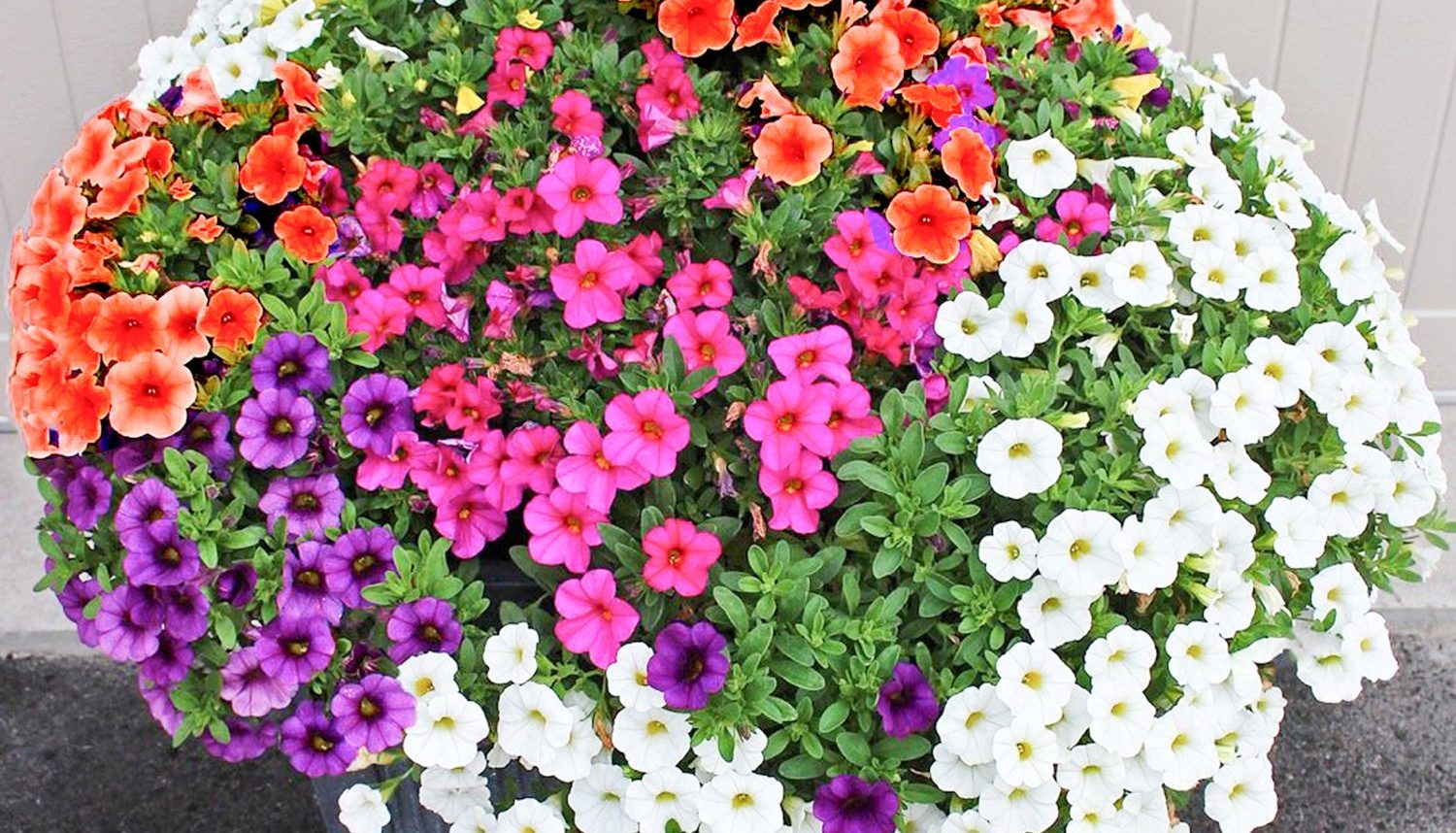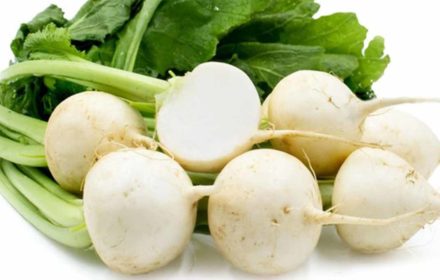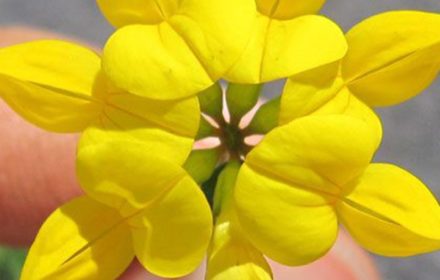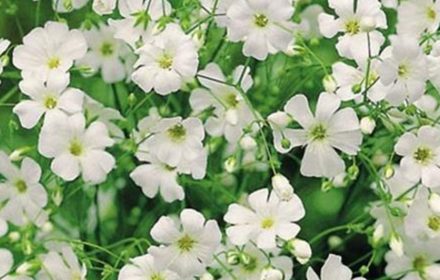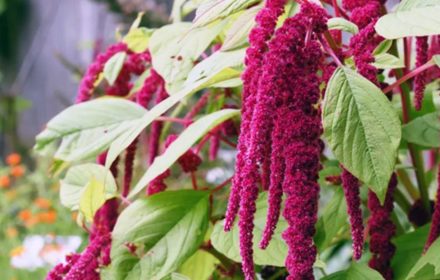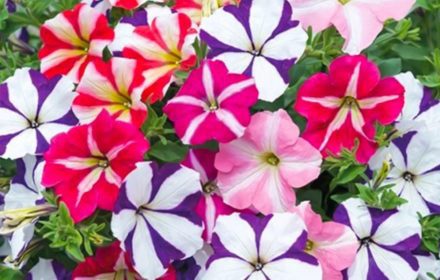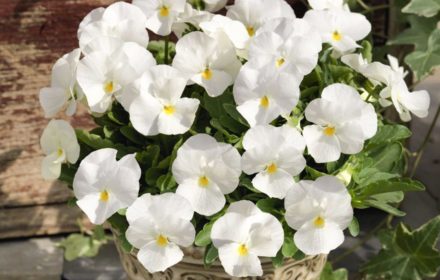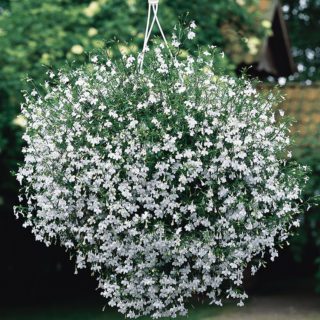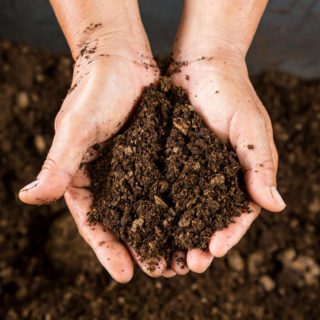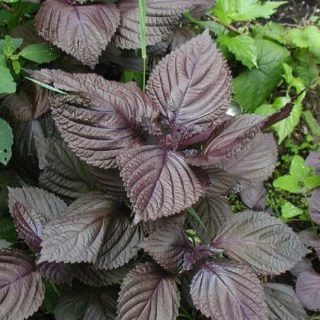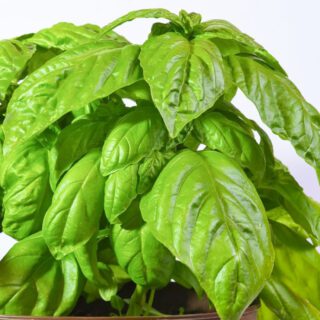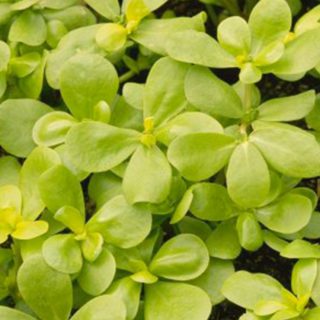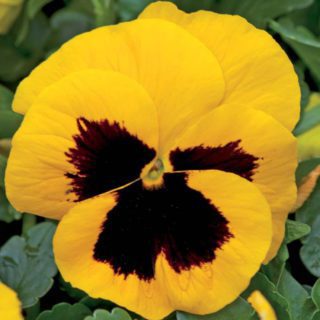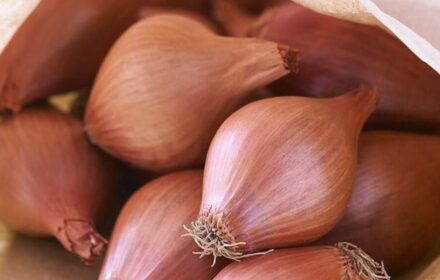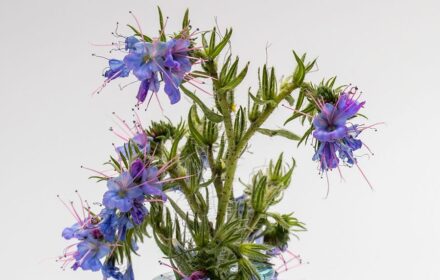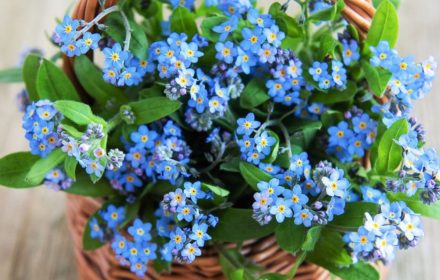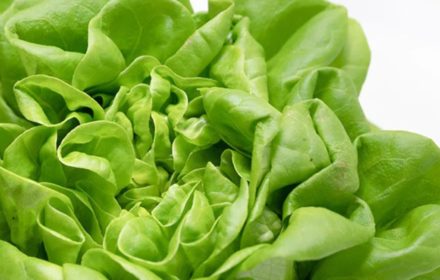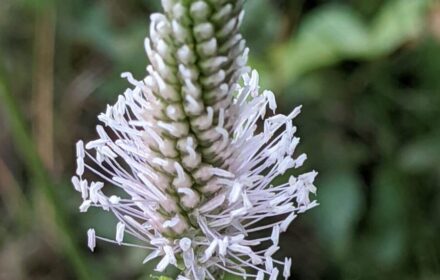How to Grow Pastel Stars Petunias from Seeds
Pastel Stars Petunias are a delightful addition to any garden, featuring soft blooms in shades of white, purple, pink, and crimson. These half-hardy annuals are ideal for hanging baskets, planters, pots, and containers, adding a splash of colour to any outdoor or indoor space. With stems reaching up to 35 cm (14 inches) and flowers growing approximately 10 cm (4 inches) in diameter, Pastel Stars Petunias are perfect for both ground-based displays and cascading arrangements. Follow this guide to successfully sow and grow Pastel Stars Petunia seeds in your garden.
When and Where to Sow Pastel Stars Petunia Seeds
- Indoor Sowing: For best results, sow seeds indoors from January onwards. Start seeds in a heated space, such as a conservatory or on a windowsill with plenty of sunlight. Germinating indoors gives the plants a head start before transplanting outdoors once the weather warms up.
- Outdoor Sowing: Direct outdoor sowing is only recommended during the hot summer months (June to July) when night temperatures are consistently warm. Petunias are sensitive to cold, so ensure all risk of frost has passed before sowing outdoors.
Ideal Growing Conditions for Pastel Stars Petunia Plants
- Soil Requirements: Petunias thrive in well-drained, light, and fertile soil. Use a high-quality seed compost or potting mix for indoor sowing. Before transplanting outdoors, improve garden soil with compost to ensure it is rich and well-drained.
- Sunlight: Choose a location that receives full sun for at least 6-8 hours a day. Petunias need plenty of sunlight to encourage strong growth and vibrant flowers.
- Temperature: Maintain a warm, consistent temperature of 21-27°C (70-80°F) for optimal germination. For outdoor planting, wait until temperatures are consistently above 10°C (50°F).
How to Sow Pastel Stars Petunia Seeds Indoors
- Sowing in Pots or Trays: Fill seed trays or small pots with fine, light seed compost. Petunia seeds are tiny, so handle them carefully. Sow the seeds on the surface of the compost and press them down gently, but do not cover them completely, as they need light to germinate.
- Germination Conditions: To help retain moisture and warmth, cover the pots or trays with polythene wrap or place them in a propagator. Ensure the compost is moist before covering, but avoid waterlogging. Place the trays in a bright, sunny location, such as a windowsill or conservatory.
- Watering: Check the moisture levels regularly and keep the compost consistently moist, but not soggy. Water gently to avoid disturbing the seeds.
- Germination Time: Germination typically takes 10-21 days, depending on the temperature and light conditions. Keep the temperature between 21-27°C (70-80°F) during this period for the best results.
- Transplanting Seedlings: Once the seedlings have emerged and grown large enough to handle (with at least 2-3 true leaves), gradually remove the polythene wrap. Allow the seedlings to grow on in cooler, well-ventilated conditions. Transplant them into individual pots to continue growing until they are ready for outdoor planting.
Acclimatising and Transplanting Outdoors
- Hardening Off: Before transplanting seedlings outdoors, harden them off by gradually exposing them to outdoor conditions over 7-10 days. Start by placing the plants outside for a few hours each day, gradually increasing their exposure to full sunlight and cooler temperatures.
- Outdoor Transplanting: Once all risk of frost has passed, typically from late spring (May), transplant the petunias into their final positions in garden beds, containers, or hanging baskets. Space the plants 20-30 cm (8-12 inches) apart to allow for proper air circulation and healthy growth.
Caring for Pastel Stars Petunia Plants
- Watering: Water regularly to keep the soil moist but not waterlogged. During hot, dry periods, petunias may require more frequent watering. Be careful to water at the base of the plant to avoid wetting the leaves, which can lead to fungal diseases.
- Feeding: Feed the plants every two weeks with a balanced, liquid fertiliser to encourage continuous flowering and healthy growth. Container-grown petunias may benefit from slow-release fertiliser mixed into the compost at planting time.
- Deadheading: Regularly remove spent blooms (deadheading) to encourage new flowers and prolong the blooming season. This will keep the plants looking neat and encourage more vibrant and abundant blooms.
Using Pastel Stars Petunias in the Garden
- Hanging Baskets and Containers: Due to their trailing nature and bright colours, Pastel Stars Petunias are perfect for creating cascading displays in hanging baskets or containers. They pair well with other annuals and perennials for an eye-catching display.
- Borders and Beds: Plant these petunias along the edges of garden beds and borders for a burst of colour. Their compact habit and large blooms make them ideal companions for other summer flowers.
- Indoor Displays: Pastel Stars Petunias can also be grown indoors in pots on sunny windowsills or conservatories. Their soft blooms bring a splash of colour to indoor spaces.
Common Issues and Tips for Growing Pastel Stars Petunias
- Leggy Growth: If your petunias become leggy, they may not be receiving enough light. Ensure they are placed in a location with full sunlight, and consider pinching back the stems to encourage bushier growth.
- Pests and Diseases: Keep an eye out for common pests such as aphids, whiteflies, and slugs. Use organic pest control methods, such as insecticidal soap or neem oil, to protect your plants. Ensure good air circulation to prevent fungal diseases like powdery mildew.
- Overwatering: Petunias are sensitive to overwatering, which can cause root rot. Always check that the soil is moist but not waterlogged, and ensure that containers have proper drainage.
Common Questions About Growing Pastel Stars Petunias
- Can Pastel Stars Petunias be grown in containers? Yes, these petunias thrive in containers and hanging baskets, where they can cascade beautifully. Just ensure the containers have good drainage and are placed in sunny locations.
- How do I extend the flowering period of my petunias? Regular deadheading and feeding with a balanced fertiliser will help extend the blooming period of your petunias. Providing full sunlight also ensures continuous growth and flowering.
- Do petunias require full sun? Yes, petunias perform best in full sun with at least 6-8 hours of direct sunlight each day. Partial shade can reduce flowering and cause leggy growth.
By following these steps, you can enjoy a beautiful display of Pastel Stars Petunias in your garden. Whether cascading from hanging baskets or adding vibrant colour to borders and containers, these versatile plants will brighten up any outdoor or indoor space throughout the summer months.

